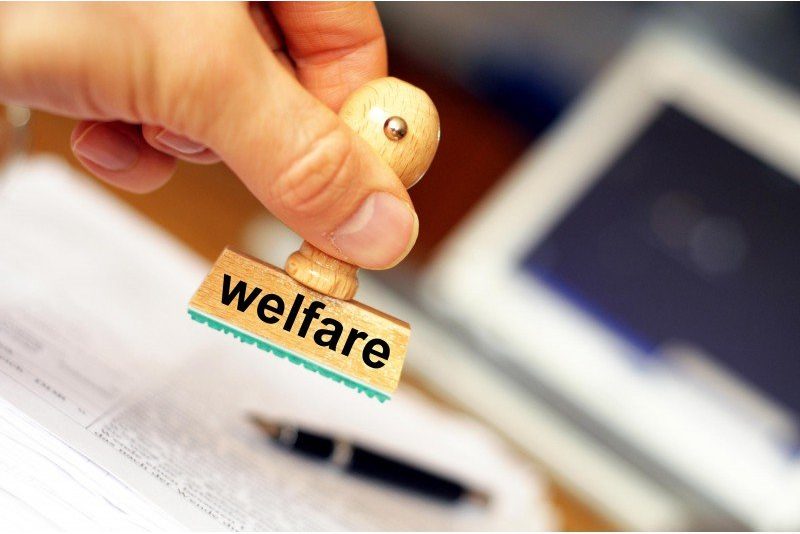AUTO INSURANCE FRAUD
To Report Auto Insurance Fraud,
call (559) 636-5410
Tulare County has experienced a broad range of fraudulent automobile insurance claims over the past 10 years. Cases of individuals deliberately destroying vehicles to make claims and escape financial obligations are relatively common. Recently schemes to defraud auto insurers through falsified repair costs and staged accidents have been uncovered and investigated by this office. These claims have steadily increased in number and sophistication and have resulted in serious loss to the insurance industry over the past several years. This loss is then passed on to the consumer through increased insurance rates.
To meet this growing problem, our office established the Auto Insurance Fraud Unit in 1994. This unit investigates and vertically prosecutes cases involving vehicle insurance fraud. This unit has the expertise and ability to take a case from filing to sentencing. An experienced and trained deputy district attorney and investigator are assigned to this program. Caseloads are reduced in order to provide the attorney with the ability to focus maximum attention to program cases.
CONSUMER FRAUD
To report consumer fraud, fill out the form below:
Consumer Fraud Complaint FormPhone (559) 636-5410,
Email TCDAConsumerProtect@tularecounty.ca.gov
The principle of caveat emptor (“buyer beware”), prevalent until the 20th century, has given way to consumer protection statutes which protect unwary consumers from false advertising and deceptive, unfair and otherwise unlawful business practices, as well as protecting honest businesses from unscrupulous operators in the marketplace.
The District Attorney believes that restitution is an important factor in these types of cases. Restitution for individual consumers, where appropriate, is always a component of the remedies sought. In cases where individual consumer victims cannot be identified, the District Attorney has developed the Direct Community Benefit Program. Through this program, violators have the opportunity to make a contribution which will benefit the community as a whole.
WORKER’S COMPENSATION FRAUD
To Report Worker’s Compensation Fraud, call (559) 636-5410
Worker’s compensation fraud harms employers by contributing to the increasing high cost of worker’s compensation insurance and harms employees by undermining the perceived legitimacy of all worker’s compensation claims. Worker’s compensation fraud has burgeoned into a $5 billion dollar drain on insurance companies and on our state. Prevention of worker’s compensation insurance fraud assists in restoring confidence in the worker’s compensation system and also facilitates expedient and full compensation for employees with legitimate injuries.
In response to this growing problem, the Worker’s Compensation Insurance Fraud Unit was established by this office in 1994. The program has been recognized by the Department of Insurance for productivity in 1995 and 1996. The program investigates and vertically prosecutes cases involving worker’s compensation insurance fraud. The unit consists of one specialized district attorney investigator and one vertical prosecutor.
This unit has the expertise and ability to take a case from filing to sentencing, as only experienced and trained prosecutors are assigned to this program. Caseloads are reduced in order to provide the program attorney with the ability to focus maximum attention on program cases. This intense level of concentration yields increased convictions and sentences.
Welfare Fraud
To Report Welfare Fraud, call 559-623-0250
While many government programs fall into the category labeled “welfare,” discussions of welfare fraud and welfare reform generally focus upon Aid to Families with Dependent Children (AFDC) and Food Stamps.
Welfare programs are good and necessary, but because of the growing number of welfare cheats, the public has begun to view welfare as a problem. The Office of the District Attorney calls welfare cheats “criminals” and deals with them as with any other criminal.
The Welfare Fraud Unit has a full-time attorney and a large investigative team to discover, arrest and prosecute welfare criminals.
The District Attorney has a zero-tolerance policy on welfare fraud, which means that any time there is a provable case of welfare fraud, the criminal will be prosecuted regardless of the amount stolen or their personal situation.

FORECLOSURE FRAUD
As foreclosure rates rise across the state, the Office of the District Attorney has launched a public education campaign to keep people faced with foreclosure safe from scam artists.
The campaign will arm Tulare County residents facing foreclosure with the knowledge they need to make informed decisions to safeguard their homes without falling victim to deceptive practices or services.
Tulare County residents who are facing foreclosure, or those who believe they are victims of scam artists, should use the Office of the District Attorney Real Estate Fraud Unit and the Office of the District Attorney’s Web site as a resource to get questions answered. |Call (559) 636-5410.
REAL ESTATE FRAUD
The Office of the District Attorney Real Estate Fraud Unit investigates real estate fraud related cases occurring in Tulare County. The types of cases which will be considered for investigation by the TCDA Real Estate Fraud Unit are frauds that result from various fraudulent transfers of title of real property; recordation of fraudulent real estate documents; home equity sale contract fraud, and mortgage foreclosure consultant fraud.
Many real estate consumer disputes are not appropriate for government action, but are altogether proper for private legal action. It is generally a good idea to consult with private counsel to explore private legal remedies that might be available. This office is not legally permitted to represent individuals in civil matters, take action in order to obtain money owned a consumer, help cancel any debt due on a contract that was signed, resolve or mediate individual consumer complaints, or obtain any other personal relief. Those functions are performed by a number of other government agencies established for that purpose.
